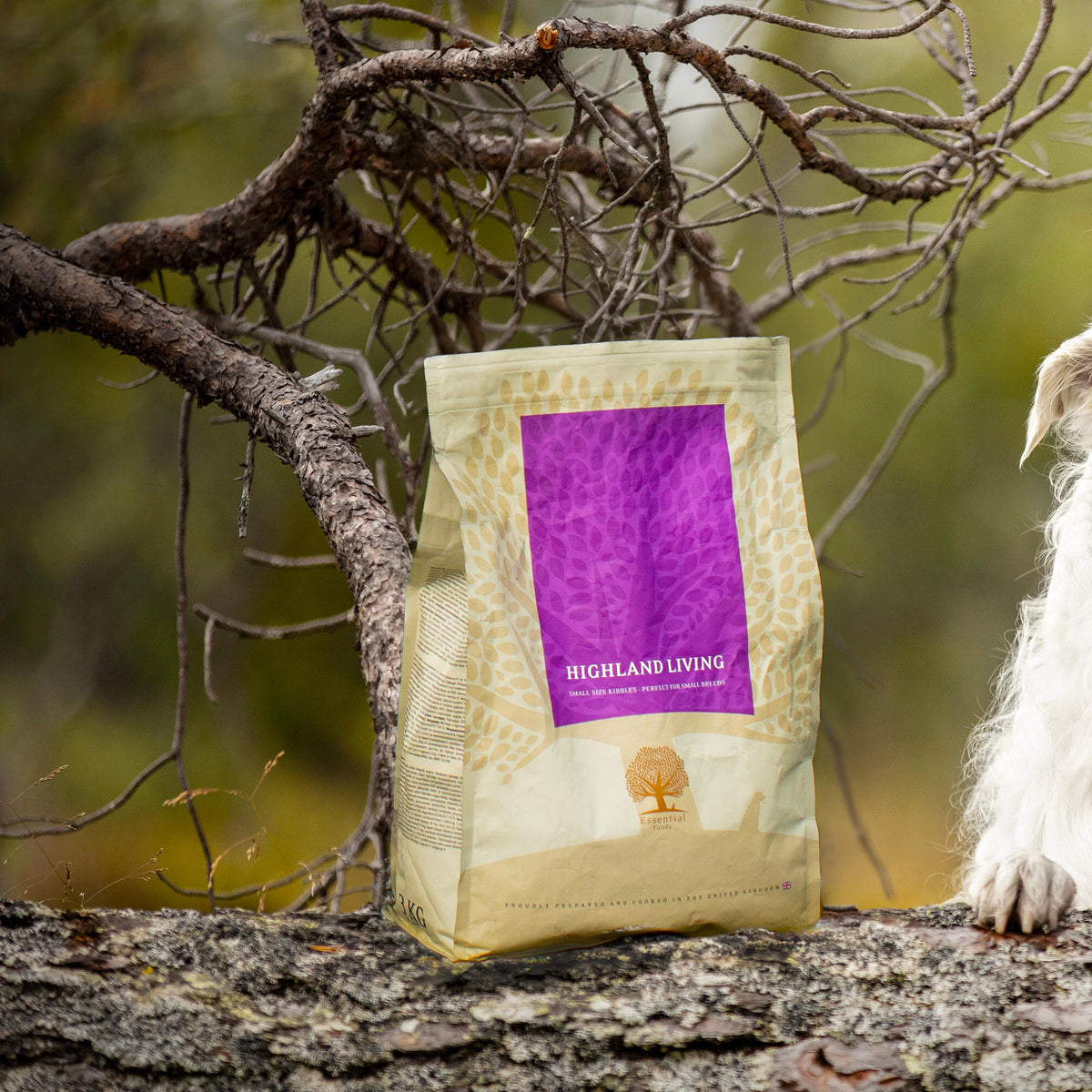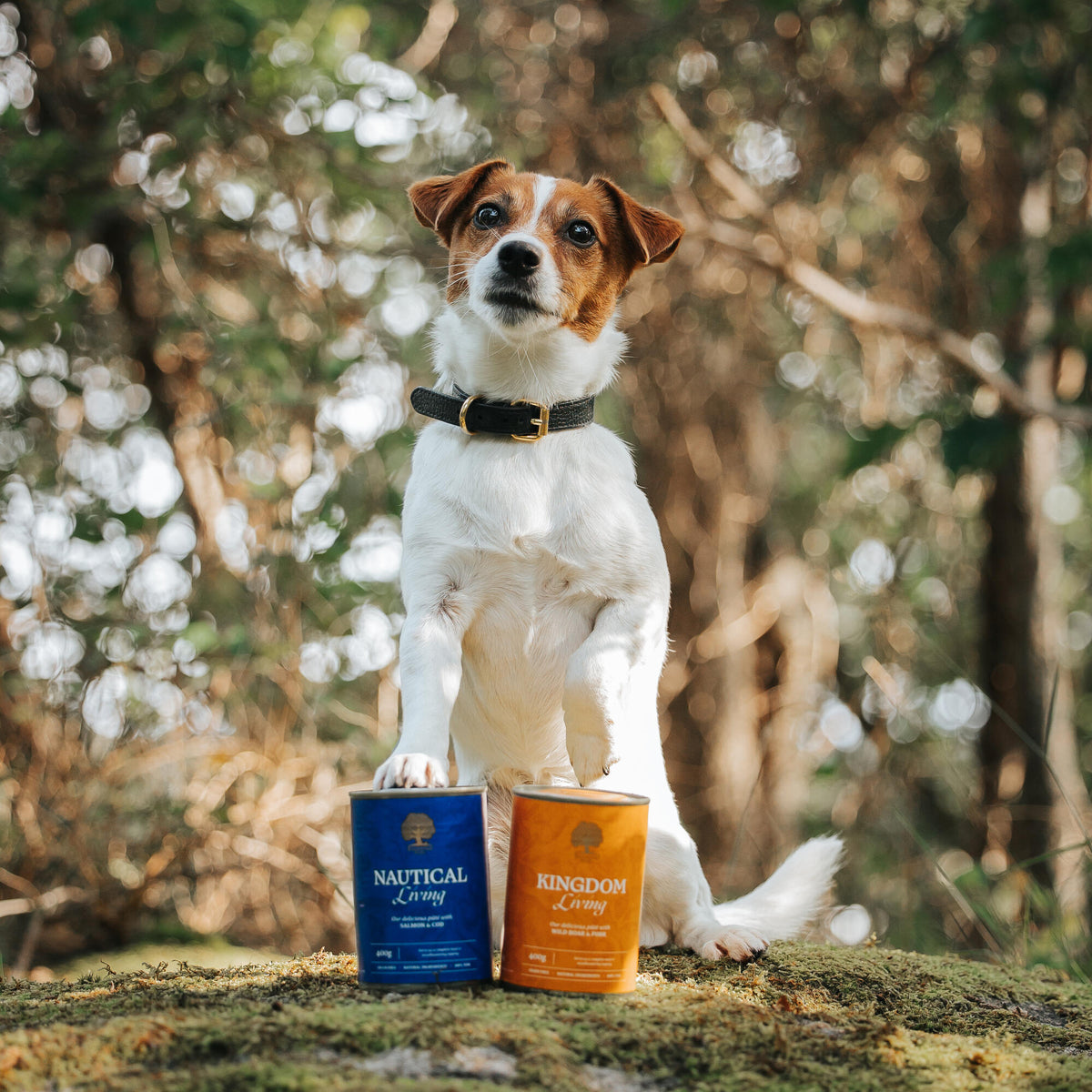The Nutritional Benefits of Chicken for Dogs
Protein Powerhouse
Chicken is an excellent source of high-quality protein, essential for maintaining healthy muscles and tissues in dogs. Protein is a crucial component of a dog’s diet, supporting growth, immune function, and overall vitality. The amino acids in chicken contribute to the repair and building of tissues, ensuring that your dog remains strong and active.
Vitamins and Minerals
Chicken is rich in essential vitamins and minerals, including B vitamins (B6 and B12), niacin, and phosphorus. These nutrients play a vital role in energy production, brain function, and bone health. The presence of selenium in chicken also supports a dog’s immune system and thyroid function, contributing to their overall well-being.
Is Chicken Safe for Dogs?
Proper Preparation
Ensuring chicken is safe for dogs involves proper preparation. Always cook chicken thoroughly to eliminate harmful bacteria such as Salmonella and Campylobacter. Avoid using seasonings, spices, or additives, as these can be harmful to dogs. Plain, boiled, or grilled chicken is the safest option.
Bones and Skin
Avoid giving dogs chicken bones, especially cooked bones, as they can splinter and cause serious injuries or blockages in the digestive tract. Additionally, chicken skin is high in fat and can lead to pancreatitis or obesity in dogs. It is best to remove the skin and bones before serving chicken to your dog.
Chicken as Part of a Balanced Diet
Complementing Other Nutrients
While chicken is an excellent source of protein, it should be part of a balanced diet that includes other nutrient-rich foods. Mixing chicken with vegetables and grains can provide a well-rounded meal. Carrots, peas, and brown rice are excellent additions that offer fiber, vitamins, and minerals, ensuring a balanced diet for your dog.
Portion Control
Moderation is key when feeding chicken to dogs. Too much chicken can lead to an imbalance in their diet, causing nutritional deficiencies or excesses. Consult with a veterinarian to determine the appropriate portion size based on your dog’s age, weight, and activity level.
Potential Allergies and Sensitivities
Identifying Allergies
Some dogs may be allergic or sensitive to chicken. Symptoms of a chicken allergy can include itching, digestive upset, and ear infections. If you suspect your dog has a food allergy, consult your veterinarian for proper testing and alternative protein sources such as lamb, fish, or turkey.
Gradual Introduction
When introducing chicken to your dog’s diet, do so gradually. Start with small portions and monitor for any adverse reactions. This approach helps in identifying any sensitivities and allows your dog’s digestive system to adjust.
Homemade Chicken Dog Food Recipe
Ingredients
- 2 boneless, skinless chicken breasts
- 1 cup of brown rice
- 1 cup of chopped carrots
- 1 cup of peas
- 1 tablespoon of olive oil
Instructions
- Cook the brown rice according to package instructions.
- In a separate pot, boil the chicken breasts until fully cooked. Allow to cool, then chop into small, bite-sized pieces.
- Steam the carrots and peas until tender.
- Combine the cooked rice, chicken, carrots, and peas in a large bowl.
- Drizzle with olive oil and mix well.
- Allow the mixture to cool before serving to your dog.
This homemade recipe ensures your dog receives a nutritious and balanced meal free from harmful additives and preservatives.
Conclusion
Chicken can be a highly beneficial addition to your dog’s diet when prepared and served correctly. It offers a rich source of protein and essential nutrients, contributing to overall health and well-being. Ensure proper preparation, balance with other foods, and be mindful of potential allergies to make the most of chicken in your dog’s nutrition plan.



